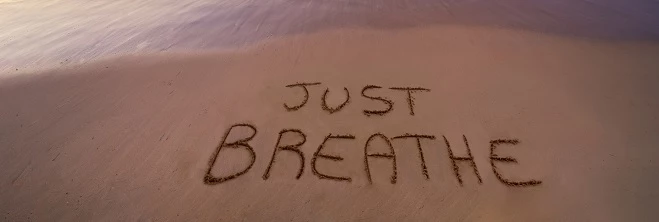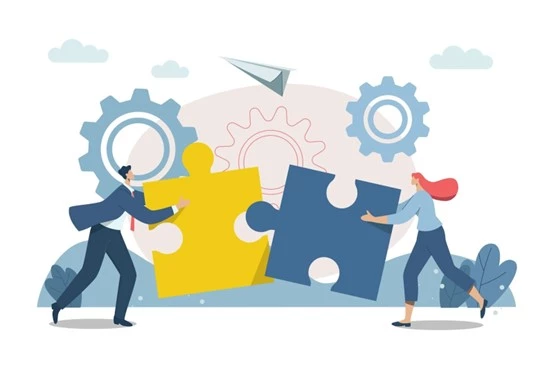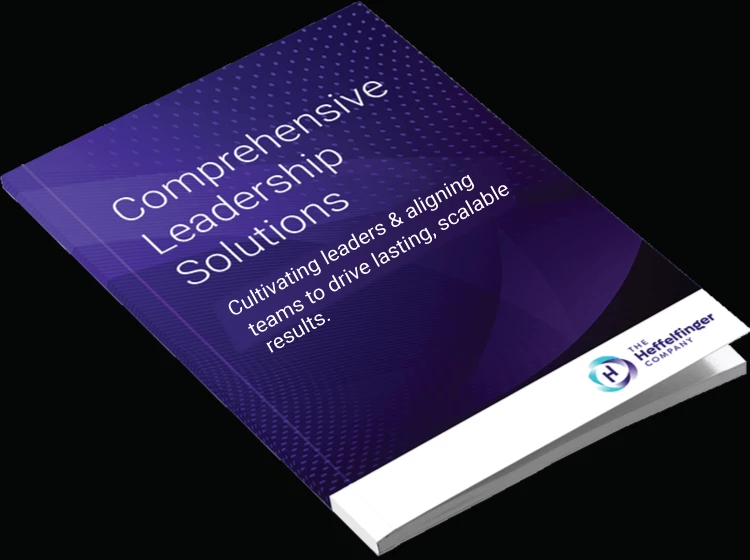The unexpected changes from COVID-19 require complex adjustments from us all. As leaders, we feel obliged to think beyond ourselves and reach for strategies, tools, and methods in the hope of successfully navigating through this uncharted territory. Our planet waits in anticipation and even fear for answers and wisdom from our global leaders to help us navigate and resolve this current crisis. However, when the capacity of our thinking is saturated, and we find that we may not have the solutions for the world, there exists within each one of us the capacity for mindfulness and with this, the ability to cultivate our presence, and awareness. Jon Kabat-Zinn states, “In this wakefulness, wise action is cultivated. There, we also nurture the compassion and acceptance it takes to calmly navigate ourselves and those we lead, at home, at work, and in our communities.” Mindfulness and mindfulness meditation can influence changes that impact our minds, our bodies, and even our relationships.
“As we journey through this time, let our hearts and our minds refer to the breath, to touch base with the ever-present center, to be open to emergent presence, bring calmness to agitated minds living in the context of an agitated environment. Let wisdom arise in the moment, this moment where it is needed the most.” ~ Dana Fewell
It starts with the individual:
Finding presence sets a secure foundation: A mindfulness meditation teaches us how to practice presence and awareness moment by moment. Evidence demonstrates that a practice cultivates changes and integration in the brain that allow for sustained conscious awareness. Paradoxically, to develop the mindset that one will become a good meditator or a good leader for that matter is contrary to the non-judgmental dimension of mindfulness. Jon Kabat-Zinn states "If you can pay attention, that is good enough. The more you can be embodied in the present moment, stay in your truth, the greater the opportunity to operate as a beacon of light to others.”
Does my state of mindfulness matter? Whether planned or unplanned, formal, or informal, if a person interacts in a relationship where they have authority over others, then they are considered a leader (Reb, J., & Atkins, P. W., 2015). In Mind Your Brain (2017), Daniel Siegel suggests that there is an actual energy flow that is exchanged in relationships. A leader shares his or her disposition through this energy network called the mirror neuron network, which can be perceived and mimicked by others (2015). In my own life, in a parent/child relationship there was a time when my husband and I separated. My son was only three years old at the time. It was a journey with an unknown destination for all of us, and I could see that in the absence of his father, my young son became unsure of what was permanent and secure and what was not; he started acting out. I realized the need for me to get centered, and I knew it had to be authentically centered myself. In one conversation stability was established as I assured him of what was the same. I told him, “Only one thing is different right now, Daddy is not living here.” He is still your Dad and you will see him. Our house is the same, your grandparents are the same, your pre-school is the same, your books that we read at night are the same, and all the rules that keep us safe are the same.” In that moment, this very young person could touch and identify those things he viewed as permanent. He then was able to align himself with my centered presence. During this time of adjustment, we would recount the things we do together which brought comfort to us both. In challenging moments, I only needed to gently remind him of our mantra, and he was always easily redirected.
We have a “mindfulness muscle”: Let me use a sports example. When I was young, I was an accomplished tennis player. I started not knowing how to hit the ball with the racket and spent hours just trying to so. As time passed, I learned to hit a forehand and backhand, then I learned to hit topspin and a slice, various shots for approaching the net or hitting a lob, and development of various serving shots. As I advanced, I quit thinking about whether I was going to hit the ball with the racket. In fact, there was little conscious thinking about how to perform shots when engrossed in a competitive game. The integration of skills within my mind, body, and emotions presented as adjustments, and spontaneous responses to the unpredictable unfolding of events of the game. The game we are in today is the challenge of COVID 19 and to be present in this moment, to be OK with the unknown and able to function, fully integrated is the place where we want to be for ourselves and for those we lead.
Application: COAL (Daniel Siegel) – A helpful resource in dynamic situations
We can’t live in a yoga studio, or eternally meditate next to a lush trickling brook. Our mindfulness must arise in the middle of the game, where we are challenged to revert to fight or flight. Daniel Siegel developed the useful acronym COAL that can facilitate sustaining mindfulness in our normal lives.
- Curiosity expressed as nonjudgmental inquiry of what is happening in the moment
- Openness or the liberty to be in and experience the moment without judgment.
- Acceptance demonstrated by honestly acknowledging reality in the moment
- Love, that is to be loving, compassionate, and empathetic to yourself and those you encounter.
Conclusion:
In leadership, our presence and disposition make a difference. A mindfulness practice can assist in making the necessary changes in the brain that help work toward living in a more calm, open, accepting, and loving state of being. When leading in triggering environments such as COVID, this is even more important. A mindfulness practice can take on many forms, and the practice that supports you “paying attention” is the best one for you. Find that place, find that space, keep inviting it in, and JUST BREATHE!
Please enjoy this great sports example of mindfulness leadership and teamwork, and the resources below our signatures.
Kobe Bryant & Phil Jackson | Meditation–leadership and mindfulness
May you be healthy.
May you be happy.
May you find ease.
Dana Fewell, James Jackman and Lori Heffelfinger
Dana Fewell, MSOD | LinkedIn
James Jackman, MSOD & Lori Heffelfinger, MSOD, PCC
Resources
- Video: A Truly Connected Life | Dan Siegel | Wisdom 2.0 2017
- Book: Siegel, D. J. (2010). Mindsight: The new science of personal transformation. Bantam.
- Video: Jon Kabat-Zinn - Mindfulness, Healing, and Wisdom in a Time of COVID-19
- Article: Three Mindfulness Practice for Leading in Disruption







